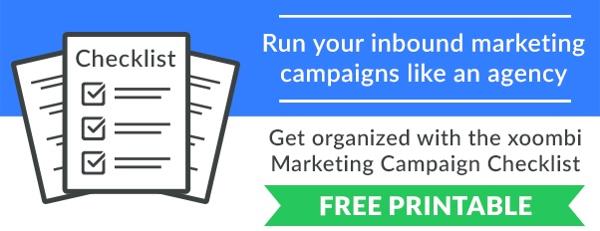
You know those pesky little pop ups that show up on your computer screen when you’re on certain websites? Well, many marketers use those to boost subscription rates and get more people in their funnel.
But do subscription pop ups really work or are they just annoying to web visitors? In this article we’ll take a look at the different types of web pop ups, the pros and cons of them, and what your alternatives are.
Let’s get started.
Types of Pop Ups
You may not realize it, but there are many different types of subscription pop ups.
Entry
Entry pop ups either appear automatically when you arrive to a site or are timed to open after you’ve been there for 5 to 20 seconds.
Exit
Exit pop ups appear when you’re about to leave a site. Basically, the site is able to use the movement of your mouse to detect when you’re going to leave or exit out of the tab or window. This is when pops ups appear to try and keep you from leaving the site or to get your contact information before you do.
Static
Static or sticky pop ups are ones that appear in the corners of a web page no matter where you scroll.
Event-Triggered
These can be more advanced pop ups, like if you’ve visited certain pages of a site and you get an activity-specific pop up, or they can simply appear if you mouse over a certain object on a page.
The Pros
Pop ups can lead to an increase in subscription/email opt-in rate. Also, depending on the content of the pop up, they can be successful at capturing qualified leads.
For example, if the pop up is related to the content the person is consuming and contains a valuable, time sensitive (a.k.a. urgent) offer, then it may be seen as less intrusive and will therefore have a higher conversion rate of higher quality leads.
The Cons
Many web visitors dislike subscription pop ups that ask for their email addresses because they simply aren’t ready for that stage of a relationship with the brand in question.
As email marketer Stephan Hovnanian described on Inbound.org:
Email fits best for qualified audiences with intent to buy (and continues through to customer relations after the sale is closed).
Even though your blog post is intended for someone who fits into the bucket labeled “qualified audience with intent to buy,” that doesn't mean the site visitor is actually there yet...chances are good they're really just part of your qualified audience but might be days, months, or years from having an intent to buy.
No wonder, then, that many visitors are put off by pop ups. As Stephen concluded, “if you're firing it off before your visitor has an intent to buy, there's nothing on Earth that will help you get signups.”
Pop Up Alternatives
Here are a few alternatives (sometimes called passive forms) that you may opt for instead of pop ups.
Sidebar Forms
These forms can live on your blog sidebar and allow readers to easily subscribe to your blog. If they like what they’re reading, they’ll likely and happily give you their email addresses.
CTA Buttons
At the end of your blog posts, you can use CTA buttons or forms that ask readers to take an action once they’ve finished reading the article. That action can be to sign up for your email list, download an eBook, schedule a time for a demo, etc.
If you do decide pop ups are right for your business, make sure you’re not annoying your visitors that regularly come to your site. Ensure you’re using cookies so that visitors don’t see a pop for another 30 days or so. Remember, user experience design (UX) has to be a priority or people won’t come back to your site.








